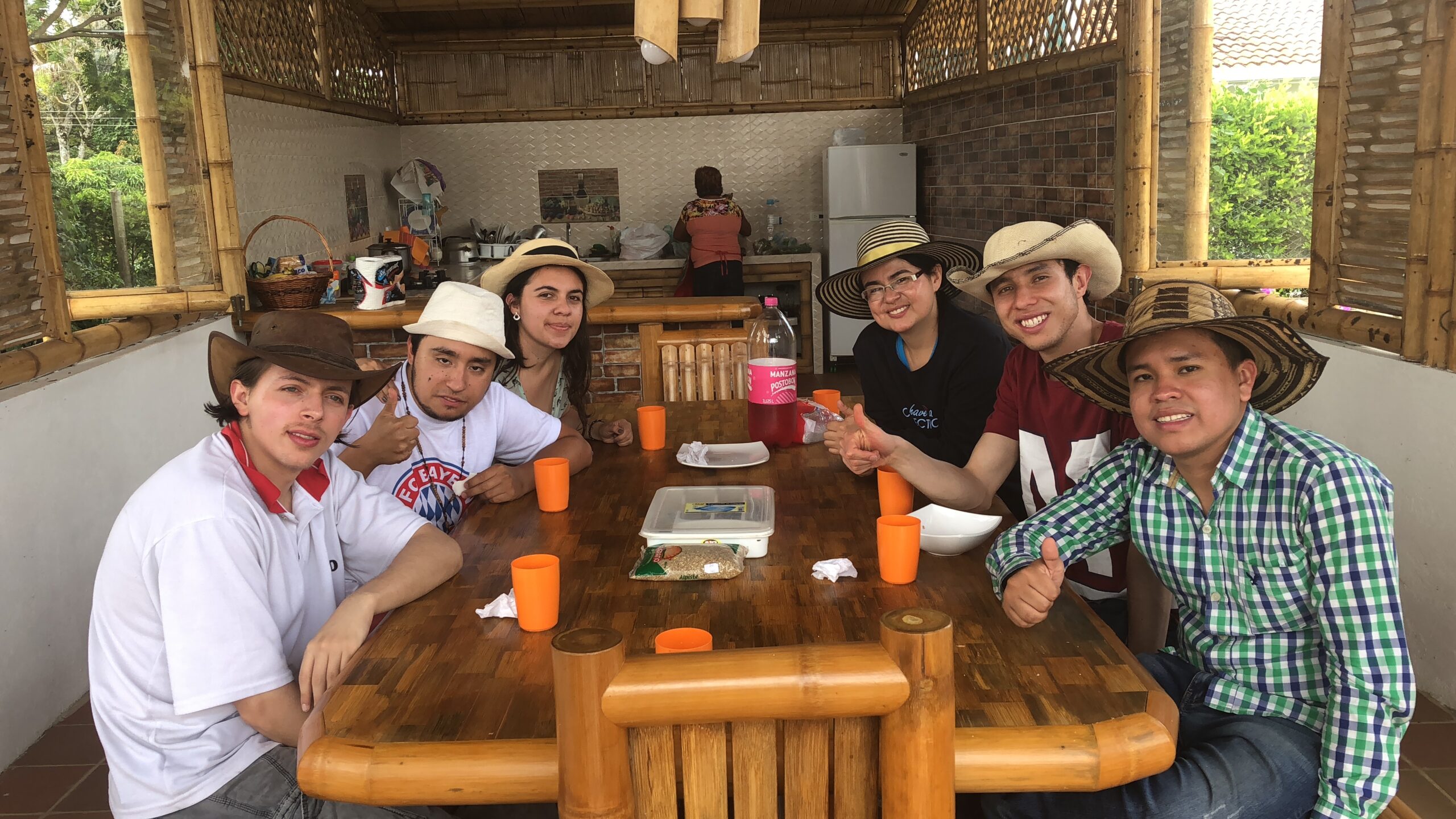
From my experience as a psychologist, I have had the opportunity to share and interact with young people with autism spectrum, where each one of them from their way of being, shows me various perspectives, of thinking, feeling and acting. Respecting each other's differences, creating a relationship of equality, in which we strengthen each other. This has been a very enriching professional and personal experience, sharing and learning from them as people with strengths, skills, who manage to achieve what they set out to do, with dreams, expectations and goals.
On some occasion I had the opportunity to meet a young man, whom his family considered to be passive and very intelligent, who socialized with his brothers, cousins and close people, staying most of his time at home, since his relatives They thought that in that space he was protected. When we started going out to shopping centers, parks, stores, the lack of social norms was clearly evident, which made him look reckless and rude; since, at home, these difficulties were not so clear and were discovered in participation spaces, where the situation was the ally to teach the skill. Over time, his family sees significant changes in the young man and they take advantage of the opportunity to frequent social sites, empowering themselves in order to continue looking for tools and strategies that continue to help this process.
We must remember that families are essential in their children's learning, since they must believe in them, transmitting security, confidence and allowing them to make their own decisions, providing opportunities for participation.
With this young man and with many others that I have met and socialized, I confirm that the best way to develop social skills is by living them, interacting with others, where the environment, its demands and demands, generates endless behaviors. and learnings. I have discovered that, just as there are boys who in a social space can manifest difficulties that were not perceived before, there are others who find it easier to show their abilities and have given me pleasant surprises. All of the above leads me to reflect and conclude that we must go beyond "therapeutic sessions", transforming them into a space for participation in natural environments, where they are exposed to life, to the challenges and various situations that arise. .
Karen Lorena Leon Zamora
psychologist
Liga Colombiana de Autismo
